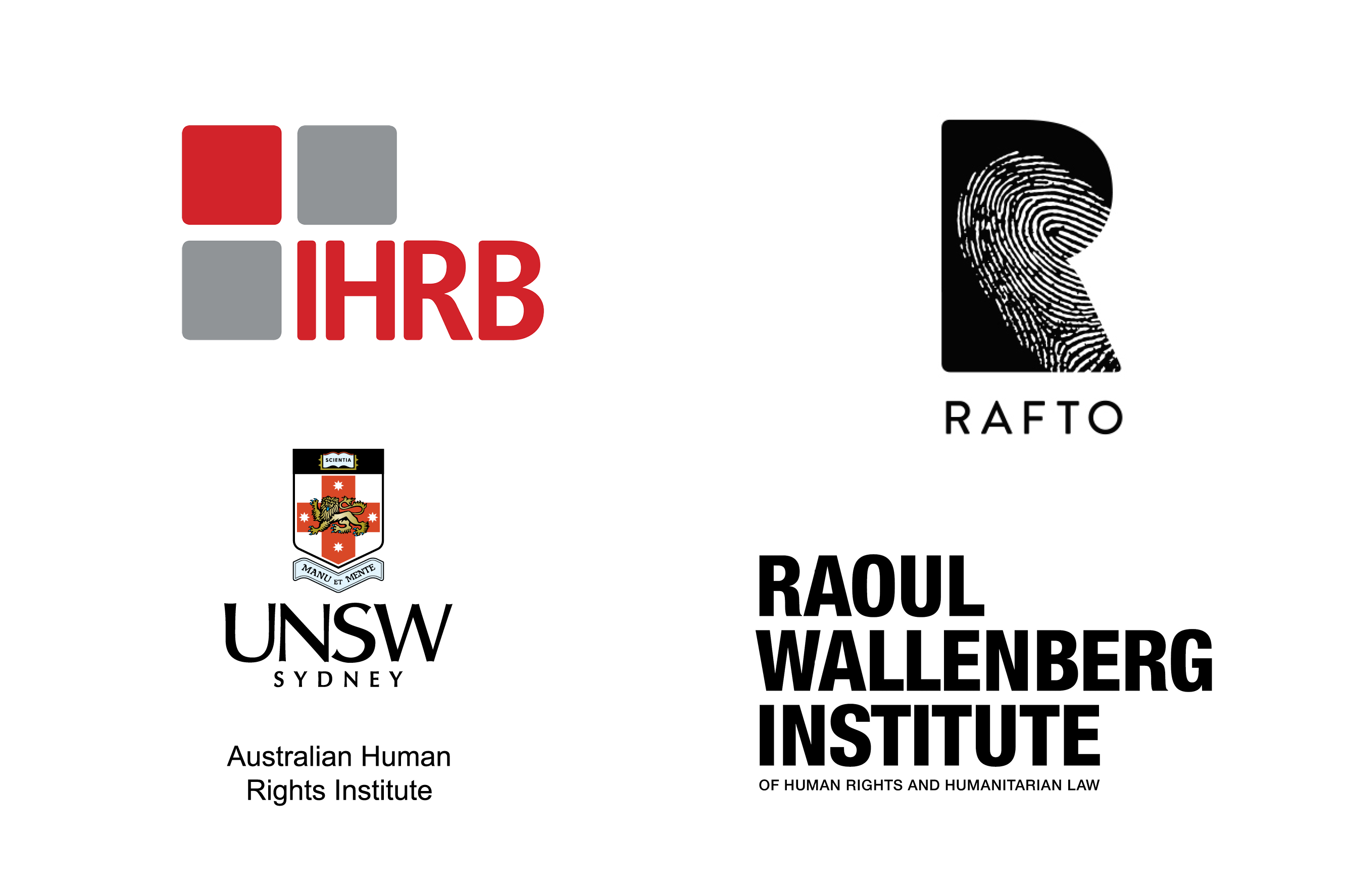The Institute for Human Rights and Business (IHRB), Raoul Wallenberg Institute of Human Rights and Humanitarian Law, the Australian Human Rights Institute at the University of New South Wales, and the Rafto Foundation for Human Rights have joined forces to work with others to address some of the critical human rights issues at play throughout the built environment lifecycle.
There are implications for human rights at all stages of the built environment lifecycle. From land acquisition, planning and financing, through design, construction, management and use, to demolition and re-development, the public and private sectors have a major influence over the built environment.
As a first step, the coalition has developed a set of Draft Principles and recommendations to the key actors involved throughout the lifecycle. They are consulting widely on the draft Principles throughout 2019 and 2020 to finalise them and inspire action to put them into practice. The Principles launch will be followed by a programme of research, events, and advocacy to highlight challenges, and advance good practice and innovations.
Frances House, Deputy Chief Executive of the Institute for Human Rights and Business concluded:
"To what extent does the built environment promote, threaten, or diminish human dignity? From flagship projects and smart cities to low-cost housing or emergency shelter, are the human rights of those who will construct and use the buildings being taken into consideration in project planning, financing, design, and delivery? Enlightened architecture and sustainable urban planning can lead to the enjoyment of human rights by those who live, work, study, and seek leisure in such environments. The converse is too often the case. This coalition will work across a number of countries to spur leadership around the built environment lifecycle - addressing human rights issues including affordable housing, mental and physical health, social cohesion, climate resilience - grounding research in living case studies and showcasing inspiring innovation.
Morten Kjaerum, Director of the Raoul Wallenberg Institute of Human Rights and Humanitarian Law, commented:
"Are future cities segregated, along economic, ethnic, age or other dividing lines? Or are cities open, inclusive, and safe for all? It can go either way; it all depends on the choices to be made by the actors involved. The built environment coalition is all about contributing to a liveable city for all based on human rights and the UN Sustainable Development Goals, engaging all the actors from city authorities, architects, constructors, and many more in a dialogue based on these core principles. At The Raoul Wallenberg Institute we are very excited about this partnership that will deepen our work on the global development of human rights cities."
Jostein Hole Kobbeltvedt, Executive Director of the Rafto Foundation for Human Rights, added:
"The built environment is where lives are lived, where needs are fulfilled, and where deeds are performed. The built environment is where human rights are exercised or restrained, where human dignity is promoted or undermined. In authoritarian regimes, city planning, architectural design and infrastructure often become instruments to support mechanisms of control, leading to discouragement of dissent. In order to develop and sustain democracies, an enabling built environment is of the essence. Human rights concerns must be woven into decision making processes throughout the built environment lifecycle. In order for this to happen, a structured and holistic approach is needed, where decision makers have concrete tools to embed human rights concerns. Here, the Built Environment Coalition provides a groundbreaking tool."
Professor Louise Chappell, Director of the Australian Human Rights Institute remarked:
"The deterioration of standards and enforcement in the Australian construction sector is having enormous reputational costs, and tragically, it is costing lives. Every second day, the sector loses a worker to suicide. And the footprint of Australia’s construction industry stretches beyond its borders, and has impacts on communities overseas, including in Asia and the Pacific. We are looking forward to consulting on the Draft Principles throughout the region, with partners including the Asia Centre in Bangkok. Our Institute is pleased to bring an interdisciplinary approach, strong industry links and a record of innovative construction sector research to this exciting new coalition.



